Breaking the Taboo for a Better You
How Shaw University is prioritizing mental health care and wellness
By Marc Brown, Janell Odom, Tamara Wood and Louichard Benjamin— University Innovation Fellows, Shaw University; Dr. Vonda Reed—Faculty Innovation Fellows candidate, Shaw University
“Strengthening Our Bears’ Mental Health”
Shaw University is the first Historically Black University in the South, founded in 1865 by Henry Martin Tupper. Shaw University is prominently known as the “mother of African American colleges.” The founder of North Carolina Central University (NCCU) and the first presidents of North Carolina Agricultural & Technical University (NCAT) and Elizabeth City State University were all Shaw University graduates. Upholding our history of “firsts,” through leadership, students were trained through the University Innovation Fellows (UIF) Early Training Program and hosted our university’s first Mental Health Wellness Week.
“We began analyzing our campus ecosystem to get our stakeholders’ points of view through one-on-one interviews, stakeholders’ meetings, and surveys.”
During a UIF training session on Design Thinking, we were asked to explore how our university might support students’ social and emotional wellbeing. We began analyzing our campus ecosystem to get our stakeholders’ points of view through one-on-one interviews, stakeholders’ meetings, and surveys. Two of the stakeholders we interviewed were President Paulette Dillard and Vice President for Academic Affairs Renata Dusenbury. Through these collaborations with our stakeholders, the majority of them expressed that our university did not have the proper awareness of mental health within our campus ecosystem. Mental health care is an important issue to explore when analyzing collegiate life, especially at Historically Black Colleges & Universities (HBCUs), where it is considered taboo among the Black, indigenous, and people of color (BIPOC) population. Moreover, the impact of COVID-19, national exposure to traumatic racial events, systemic oppression, and struggles with identity have further increased the demand for mental health care for BIPOC. Consequently, we asked, “How might we inform our campus stakeholders about the importance of self-care and how to improve it mentally and physically?”
We planned our Mental Health Wellness Week by partnering with our counseling center, Center for Teaching and Learning, and Student Government Association. In the past, our counseling center hosted one mental health day during the academic year. We believed that a week would be efficient so that students could participate in fun and enriching activities geared towards mental health care for an entire week rather than hours for a day. With the extension to a week, stakeholders would be able to attend various events that could positively impact their mental and physical well-being. We also decided to execute this Mental Health Wellness Week the week before midterm examinations. This would allow students, faculty, and staff to unwind mentally, physically, and emotionally before enduring a traditionally stressful week.
On Saturday, March 4, 2023, each UIF and a resident advisor engaged in an eight-hour training to become certified Mental Health First Aiders. During this training session, participants became familiar with various mental health disorders, the sources of trauma, available mental health resources, and ways to assist stakeholders within our campus ecosystem that may experience mental health challenges. After the training, participants completed an assessment and received their certificates. Counseling Center Director Jerelene Carver shared that her office will ensure that additional students, especially resident advisors, become certified in Mental Health First Aid (MHFA).
The Mental Health Wellness Week was launched during March 6-10, 2023. Empathetically realizing that numerous factors influence one’s mental health, we agreed to host 13 activities to aid our stakeholders in understanding the importance of self-care and how to improve it mentally and physically. We began our Mental Health Wellness Week Monday by offering yoga and ended the day by organizing a walk to the local YMCA. Those who joined the walk to the YMCA signed up for the free 7-day pass to access the gym amenities, excluding the pool.
Tuesday morning, stakeholders learned how to implement self-care and health and wellness practices into their daily lives to enhance their academic and professional lifestyles through the Re-Creation, De-stressing in a Stressed-out World event. Later that night, they learned techniques to improve their financial literacy from our Senior Financial Aid Counselor Daniel Warari, followed by the Lets TACO Bout It, a table talk event led by the SGA.
Wednesday consisted of free massages, which allowed participants to fully relax and decompress before continuing their busy day, followed by a session on navigating through life’s difficult times, breaking through barriers, and learning how to survive. The final event for Wednesday was a dance-based workout to help with de-stressing.
Thursday also consisted of 3 events. The first event was Barbers for Bears. During this event, local barbers provided free haircuts to stakeholders. Partners with Paws was the next event where stakeholders interacted with therapy dogs to experience comfort, affection, and warmth to ease their anxiety, reduce stress and increase their joy. Next, it was time for stakeholders to wind down the evening through the Sip and Paint, an event catered by Thompson Hospitality. They provided stakeholders with high-quality service and individually customized, healthy smoothies while they enjoyed soothing, relaxing music!
The last day of the week ended with stakeholders learning how to cope with stress through various body-tapping techniques and affirmations that can be done in class or at work, followed by another dance-based workout session.
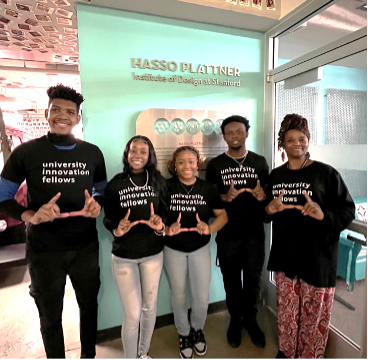
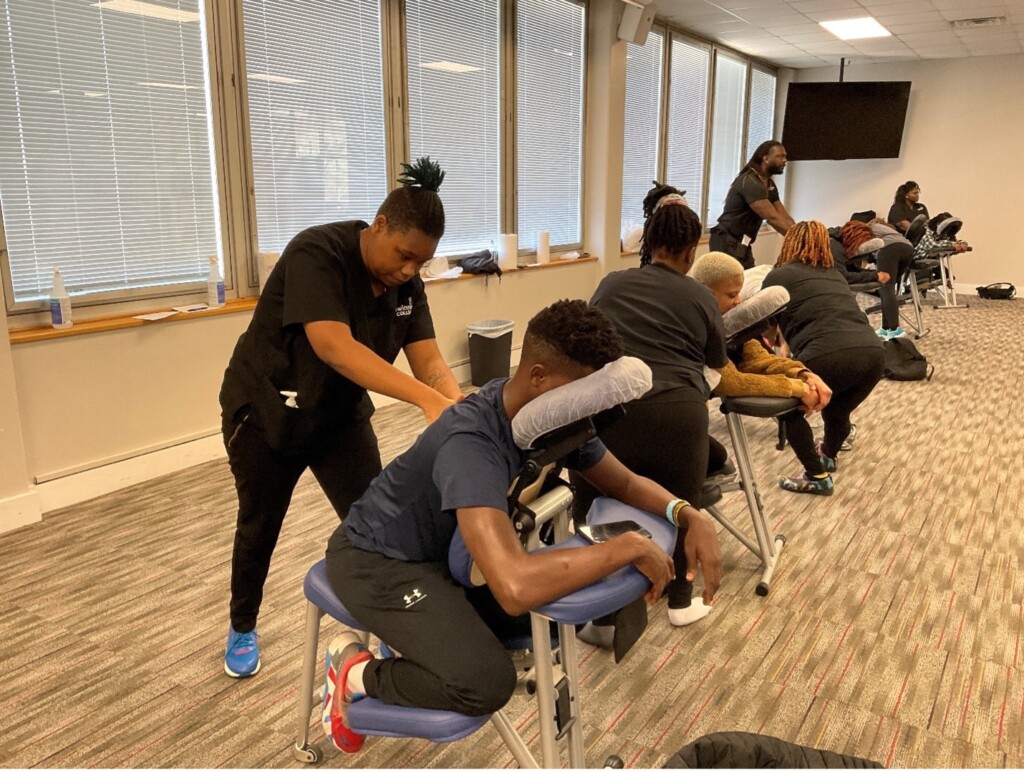
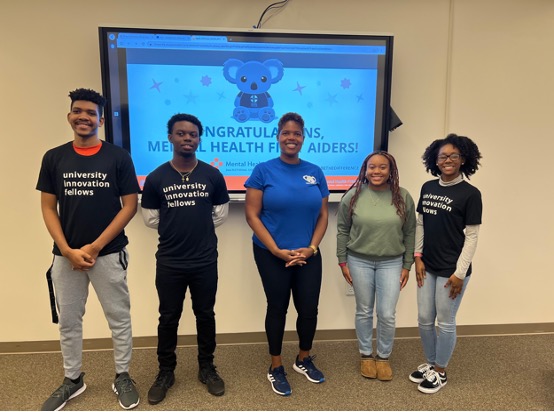
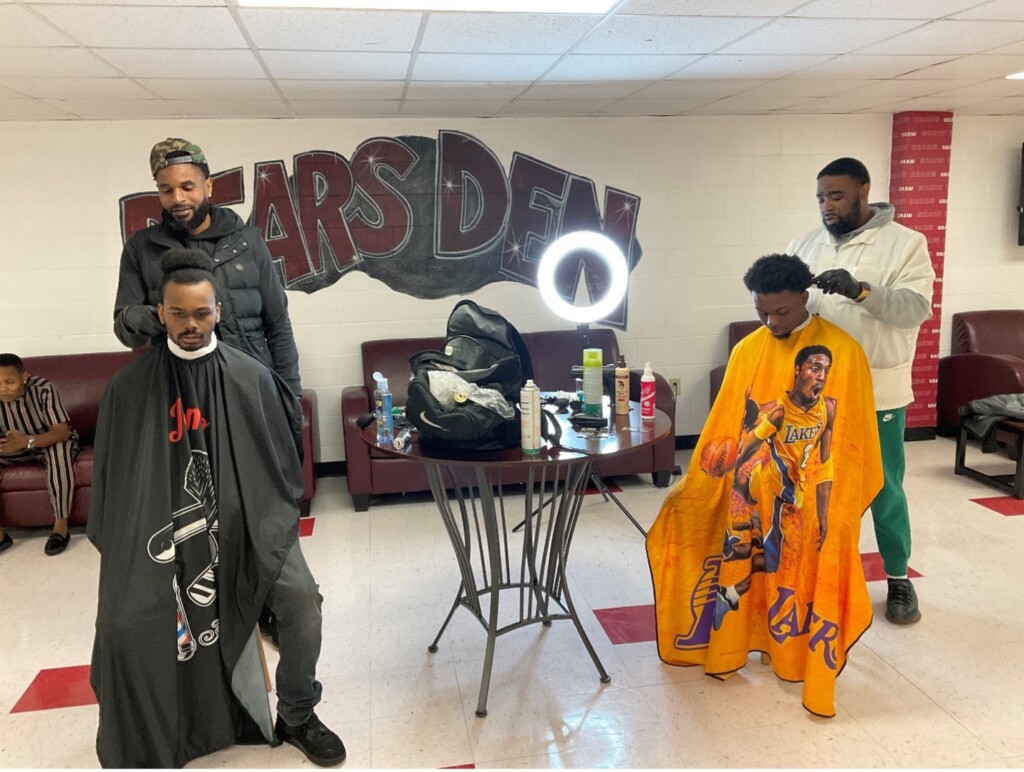
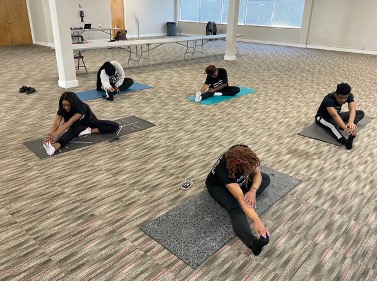
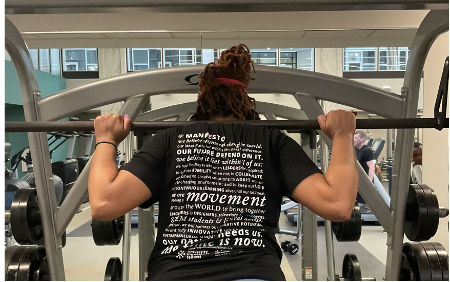
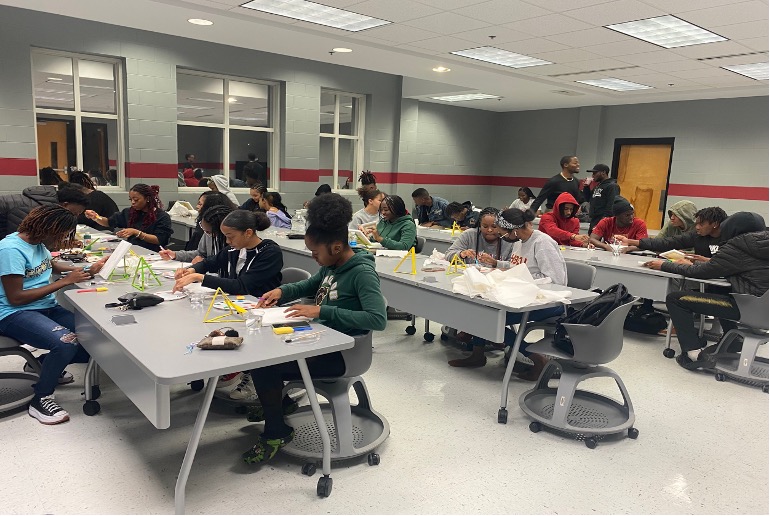
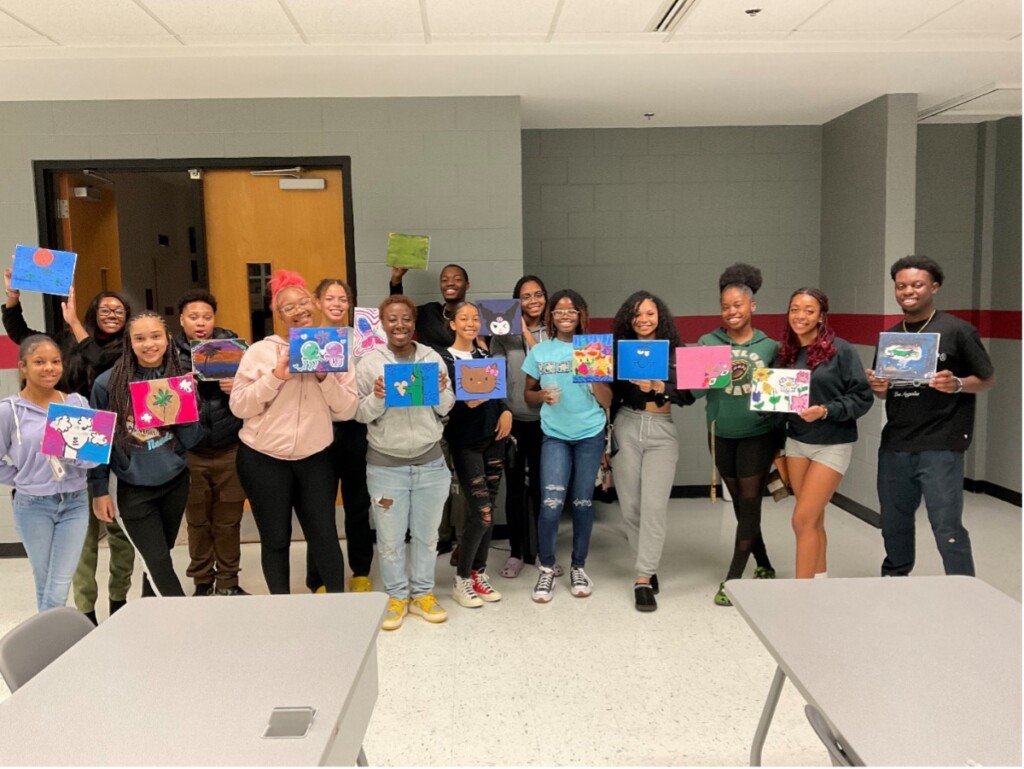
Results from oral and written feedback support that Mental Health Wellness Week was a success! One hundred eighty-six stakeholders participated in the week’s activities; most were students, and some attended multiple events or events numerous times (e.g., massages). After each event, stakeholders rated events on a 5-star scale. Ratings ranged from 4.43 (lowest) to 5 (highest). A survey was also sent to stakeholders; most were female respondents. Most of them rated the Sip and Paint event followed by the massages and Re-Creation, De-stressing in a Stressed-out World events. They shared that their mental health and/or physical health improved because of the events, and the events provided them with skills and strategies to cope with stressors. Most of them agreed (strongly agreed: 69% and agreed: 31%) that their overall mood improved after participating in their events, and most agreed (strongly agreed: 63% and agreed 31%) that they plan to make changes to their health and wellbeing as a result of the events. Results also support that they will attend another Mental Health Wellness Week, and most of them shared that we should host it twice a semester.
Our next steps are to host more Mental Health Wellness Weeks and increase the number of certified Mental Health First Aiders on our campus. We also want to partner with other HBCUs to increase culturally competent and targeted interventions to improve mental health and overall well-being on our campuses. Shaw University is setting an example for other HBCUs by prioritizing mental health care and wellness for our stakeholders and creating an environment where mental health care is not taboo but necessary for our survival. We challenge HBCUs to become a part of the UIF Program. Join us and follow our tracks!
The original article can be found in the Focusing on Belonging and Well Being section of the 2022-2023 Change Forward Journal— Visions and Voices of Higher Education’s Future.

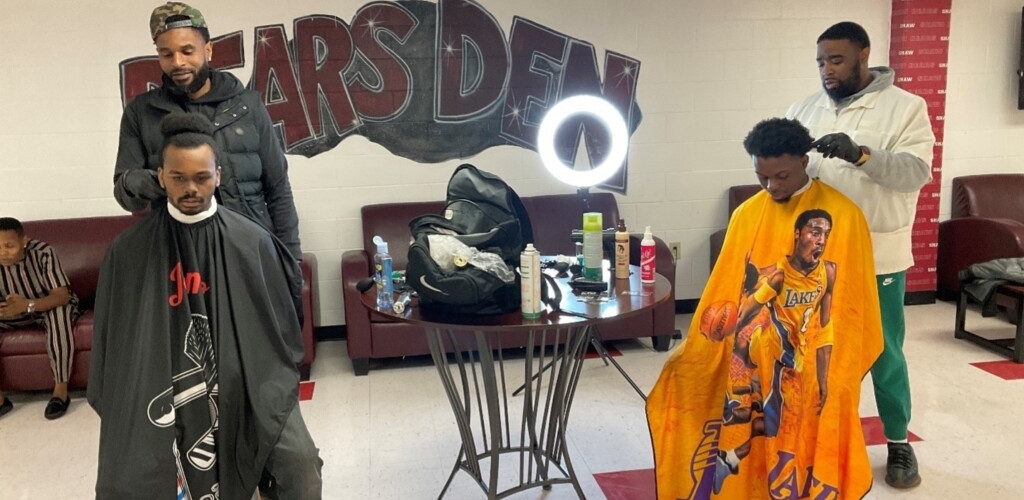

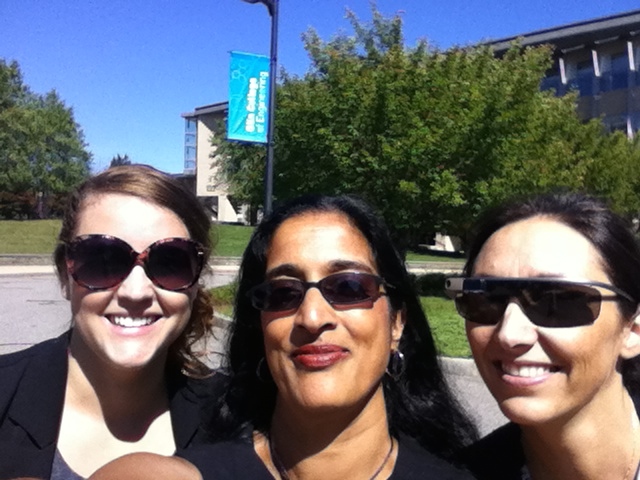

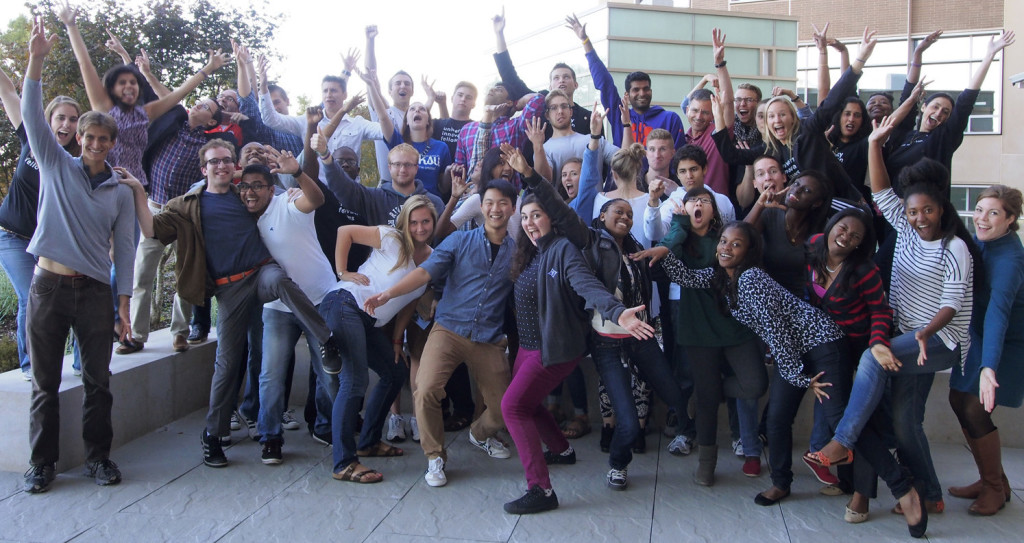


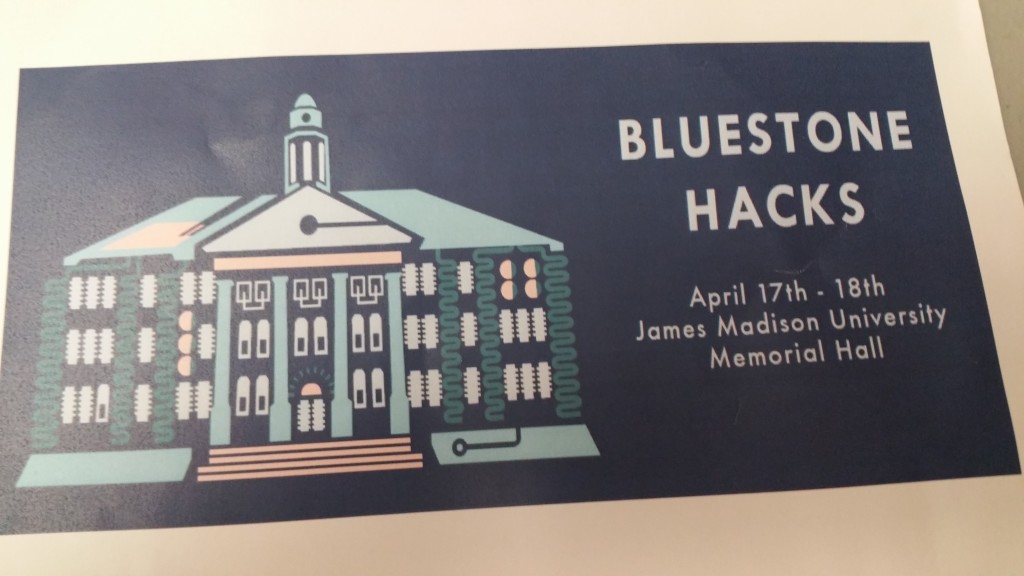

 Morgan State University
Morgan State University
Leave a Reply
Want to join the discussion?Feel free to contribute!